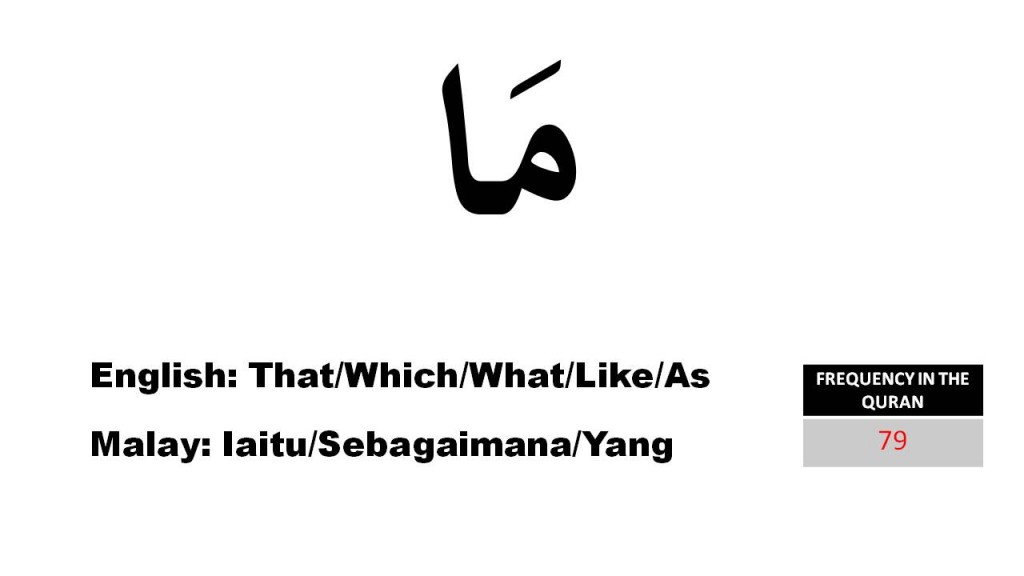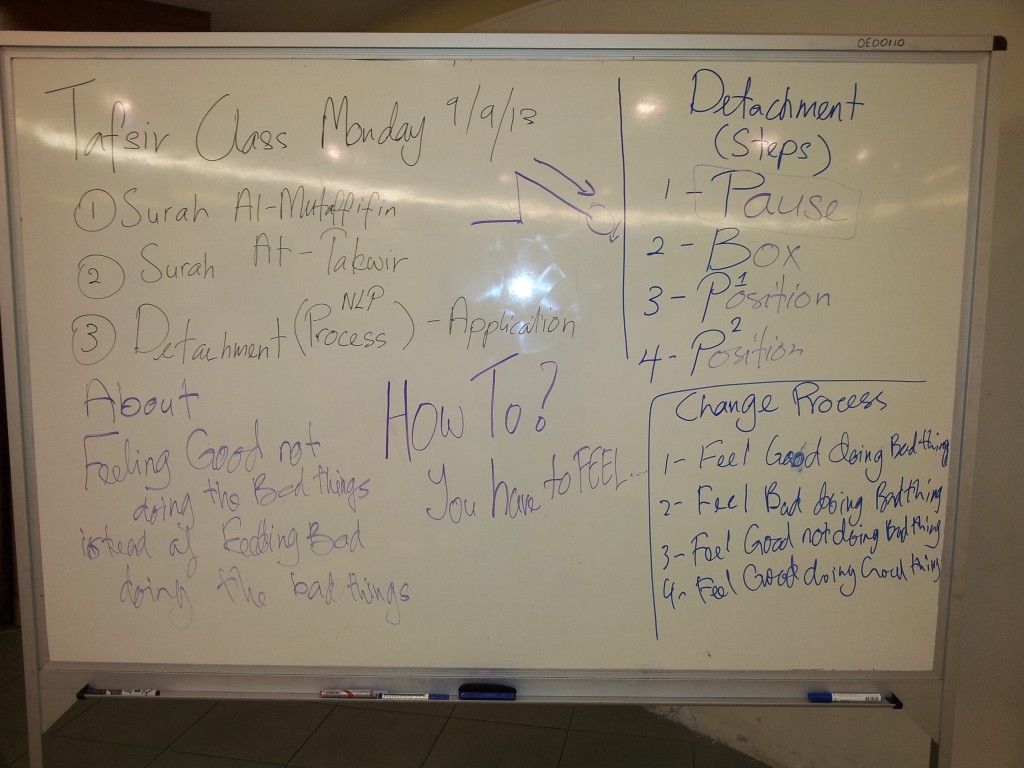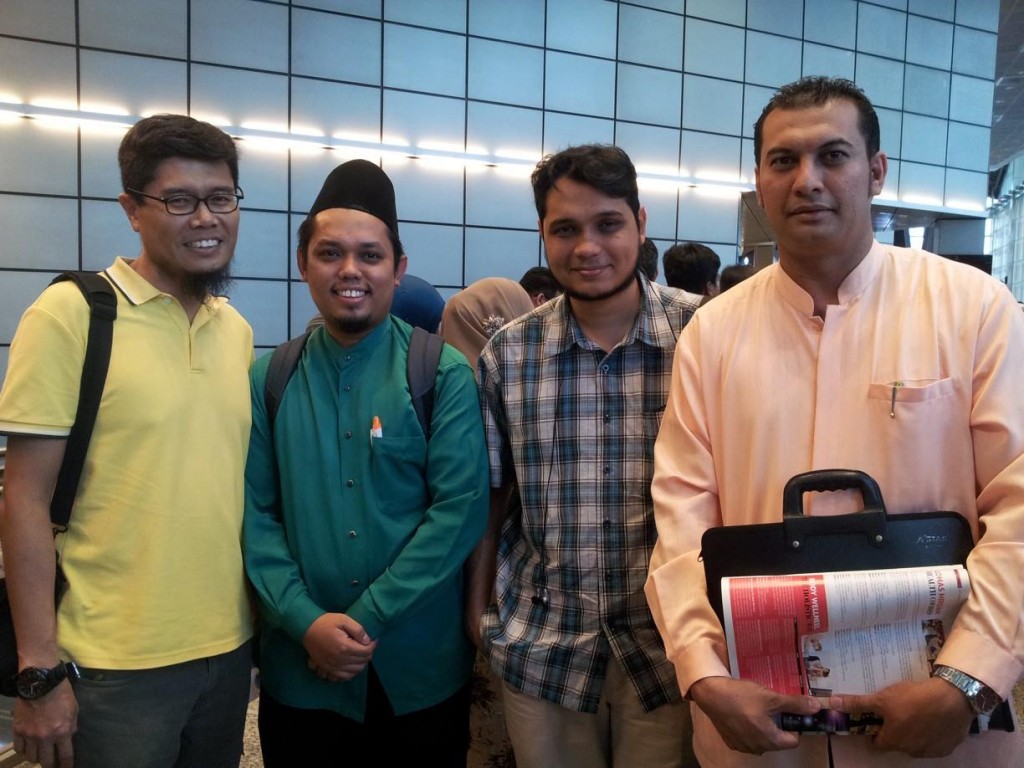High Frequency Word of The Quran #99: مَا

BismillahirRahmanirRahim. Assalamu’alaikum Wr. Wb. Dear student of the Noble Quran, Assalamu’alaikum wr wb. Yesterday you’ve learned the word (أصحاب) which means “companions”, this word is repeated 78 times in the Quran. The HFW you will learn today is repeated for 79 times in the Quran. As of today you’ve learned 2 words from the Quran which together […]
High Frequency Word of The Quran #100: أَصْحَاب

BismillahirRahmanirRahim. Assalamu’alaikum Wr. Wb. Dear student of the Noble Quran, Assalamu’alaikum wr wb. Welcome to Aspire Institute of Quranic Coaching’s High Frequency Words program! I’m very excited that we are learning one High Frequency Word from the Quran every day. I really hope with this effort you will transform spiritually, intellectually, and emotionally into a […]
Lessons From Surah An-Naba’ And Answers To The Biggest Question
SURAH AL-NABA’ – 78 (The News) Names of Surah: “On What” (‘Amma) “The News” (Al-Naba’) Asbab Nuzul: Verse 1: “On what are they asking one another about? About the great news.” It was reported that Hasan Al-Basri said that this verse was revealed right after the prophet declared himself as God’s messenger, when the Quraysh […]
Lessons from Surah Al-Mutaffifin and Applying Quranic NLP.

Alhamdulillah! I felt this week’s Tafsir session was extra special. Not only that we get to read the entire 36 verses together, we also get to apply, for the first time, Quranic NLP, which I’ve been talking about in my classes and my seminars for the last 2 years. The session was also extra special […]
Tafsir Notes From Rediscovering The Fatehah, by Ustaz Nouman Ali Khan (Part 1)

7th September 2013 was a Saturday, and the evening was a special one especially for knowledge seekers and Quran enthusiasts. That Saturday evening Ustaz Nouman Ali Khan, Founder and CEO of Bayyinah Institute came to Singapore and shared his insights on Surah Al-Fatehah. The event was organized by Youth Alive Discourse and ADIL and sponsored […]
